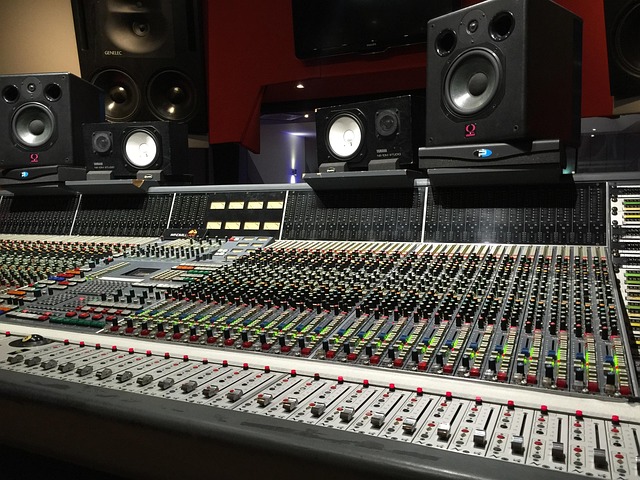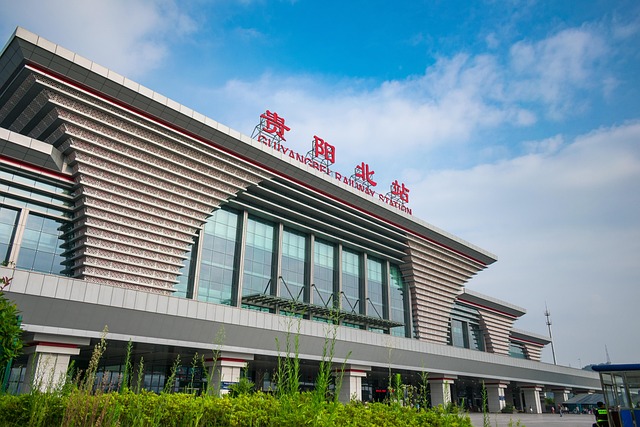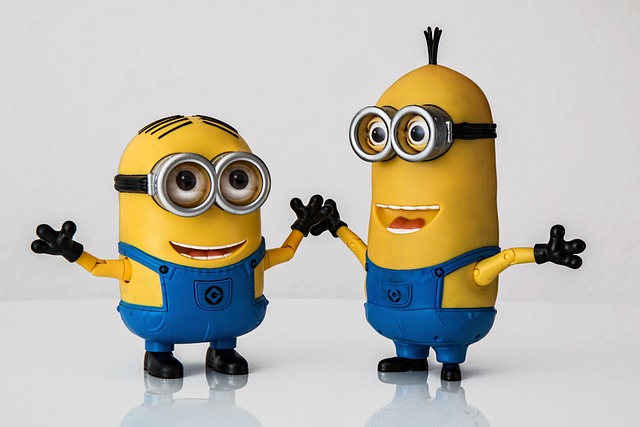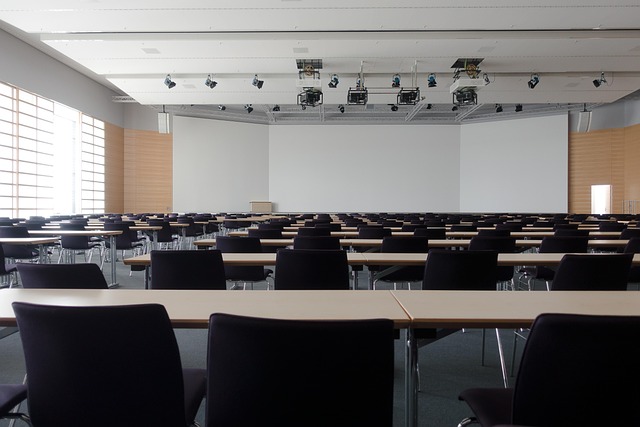
Exploring the Role of Sound Engineers in Modern Cinema: A Cultural Perspective
In the kaleidoscopic world of modern cinema, filmmakers have an innate ability to transport audiences to diverse realms, evoking emotions that range from sheer joy to deep sorrow. Behind the scenes of this creative process, a crucial figure plays a pivotal role: the sound engineer. Often working in the shadows, sound engineers are the unseen architects of soundscapes that shape our cinematic experiences.
Sound engineers possess a unique skill set that merges technology and artistry. Their tasks often begin during the pre-production phase, where they collaborate with directors to understand the vision behind a film. This collaborative spirit is essential, as the sound engineer’s work begins to resonate far beyond mere auditory components; it encompasses the cultural tones and themes that define a film. In today’s diversified entertainment landscape, sound engineers strive to not only enhance the dialogue but also immerse audiences in the cultural atmosphere, making the viewing experience deeply resonant.
Utilizing state-of-the-art technology, sound engineers meticulously design and manipulate sounds to create emotive connections with viewers. From the haunting echoes of a desolate landscape to the bustling sounds of an urban environment, it is through their expertise that we feel the very essence of a scene. Each sound is chosen not merely as a backdrop but as a vital thread weaving together the fabric of the narrative. For instance, the roar of a crowd in a climactic sports scene or the subtle rustle of leaves in a romantic moment can profoundly influence how we interpret the emotions portrayed on screen.
In the realm of modern entertainment, where cinematic boundaries are continually pushed, sound engineers have embraced innovative techniques such as binaural audio and immersive sound design. These advancements allow audiences to experience films in a way that mirrors real life, creating an auditory dimension that pulls viewers into the story. This type of engagement is particularly significant in a multicultural world where films often represent vast cultural narratives. The ability for sound engineers to manipulate and blend sounds from various cultures not only deepens the narrative complexity but also fosters a greater connection amongst diverse audiences.
Cinema serves as a cultural mirror, reflecting societal norms, values, and conflicts. Sound engineers contribute significantly to this dialogue. When they incorporate culturally specific sounds and music into a film, they elevate the storytelling by anchoring it in authenticity. Imagine the impact of a traditional instrument’s melody that instantly grounds a scene in a particular cultural context, or the integration of ambient sounds that depict daily life in different settings. For audiences, these elements create an immersive experience that is both entertaining and educational.
The role of the sound engineer is also vital in bridging generational gaps within cinematic narratives. As pop culture continues to evolve, the way sound is utilized in films must adapt to shifting sensibilities. For younger audiences, sound effects that resonate with their experiences can transform a film from merely enjoyable to deeply relatable. By effectively using sound design, engineers help maintain relevance while celebrating the rich tapestry of cultural heritage embedded within the cinematic arts.
Moreover, as streaming platforms proliferate, sound engineers have the unique challenge of maintaining sound quality across various devices. This adaptability requires not only technical skill but also an understanding of diverse audience preferences and cultural nuances. The rise of international cinema on these platforms has necessitated a more global approach to sound design, where sound engineers curtail their work to fit distinct cultural contexts without losing the essence of the film’s narrative. In this way, sound engineers are not just enhancing films; they are fostering cultural exchange through sound.
In the ever-evolving landscape of modern cinema, the role of the sound engineer remains indispensable. Their artistry transcends mere technical expertise; it embodies the cultural heartbeat of storytelling. From the nuanced soundscapes that accompany a film to the collaborative partnerships with directors and artists, sound engineers are crucial in ensuring that every film is not only seen but felt. In a world awash with visual splendor, it is the heart-wrenching whispers, sudden roars, and seamless musical transitions that truly bring a story to life, engaging audiences in a universal dialogue that echoes far beyond the screen.



